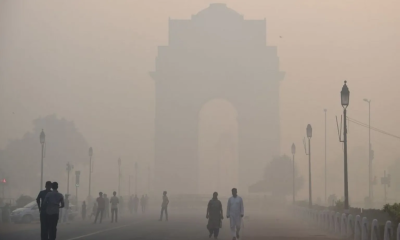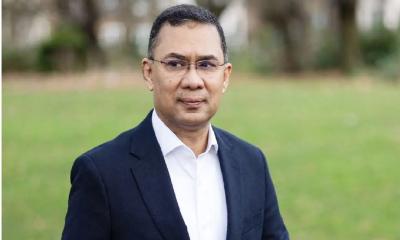Six months after bringing the curtain down on the 55-year Bongo dynasty, Gabon`s military leader remains popular despite criticism of authoritarian governance that is slow to fulfil promises, reports AFP.
Many Gabonese rejoiced when Ali Bongo was overthrown in a bloodless coup on August 30, an hour after being proclaimed the winner of a presidential election, which the army and opposition declared fraudulent.
Coup leader General Brice Oligui Nguema, 48, was swiftly sworn in as transitional president of the oil-rich, central African nation, promising a return of civilian rule with elections.
Polls have since been set for August 2025, under a timetable that first foresees national dialogue scheduled for April this year that will be made up of all the country`s "vital actors".
Oligui "arrived at a time when the Gabonese couldn`t take it anymore," Francois Ndong Obiang, a former opposition leading light and now vice-president of the transitional National Assembly, said.
The country which has 2.3 million inhabitants half of whom are aged under 20, "was in tatters in terms of infrastructure, education, health," he said, adding the general is seen as "a saviour".
Billboards in the streets of the capital, Libreville, show Oligui holding smiling people in his arms, while his walkabouts are always loudly cheered.
Bongo had taken office in 2009 after the death of his father Omar, who ruled with an iron fist for more than 41 years.
The opposition and the military coup leaders accused Ali Bongo`s regime of widespread corruption and bad governance.
Gabon is one of the richest countries in per capital terms in Africa but one in three people lives below the poverty line, according to the World Bank.
- `Restore` the economy -
Many complain about the state of the roads and schools, or about a lack of water and electricity sometimes even in central Libreville.
The Committee for the Transition and Restoration of Institutions (CTRI), which is made up of generals, has pledged to "economically restore" the country and "fight the high cost of living".
New optimism arose that unpaid pensions would finally be forthcoming, new roads and hospitals built, student grants reintroduced and improvements.
But state coffers need replenishing.
The International Monetary Fund this month recognised the CTRI`s efforts to strengthen transparency and management of public finances, despite inheriting a difficult budgetary situation.
However, the IMF cautioned that oil production had fallen, income per capita had stagnated and that unemployment was high.
- `Known faces` -
Generals have been placed at the head of town halls and within governing bodies working alongside civilians.
But Oligui is reproached for leaving in place or bringing in leaders of the former Bongo regime.
"The faces of this transition are faces that are known," Joanna Boussamba, spokeswoman for the Copil Citoyen public governance observatory said, complaining it sent a "message of impunity".
Ndong Obiang rejects the criticism.
"The transition is inclusive, it must take into account everyone, even the Gabonese Democratic Party" of the Bongos, he said.
But, said Boussamba, "barely eight people have been arrested".
She was referring to allies of the ex-president, his wife Sylvia Bongo Ondimba Valentin and their son Noureddin Bongo Valentin.
They have been detained since the coup, accused of massive embezzlement of public money and falsifying the ex-president`s signature.
- `Authoritarianism` -
The opposition also accuses the new regime of authoritarianism and Oligui of a personality cult fed by state television.
A strict overnight curfew, for instance, imposed by the Bongo regime on the night of the August 26 presidential election remains in place without explanation.
Libreville bar owner Ralph Sambouni says the measure is wreaking "extreme distress" on his profession.
"At 11:00 pm, the bar empties. I`ve lost 60 percent of my sales," Sambouni, who is also part of the Collective of Night-Time Establishments, complained.
Lawyer and human rights activist Anges Kevin Nzigou said the curfew was curbing freedoms and it was time to "sound the alarm" over "populism" and "authoritarianism".
In December, employees of SEEG, Gabon`s water and electricity provider, called a strike over pay. Seven trade unionists were arrested and questioned for three days.
On their release, their heads had been shaved and they were featured in the press.
It was similar to the "first act of dictatorship", Nzigou, who like other civil society supporters shaved his head in solidarity, said.
"Trade unionism is a basic right," he added.




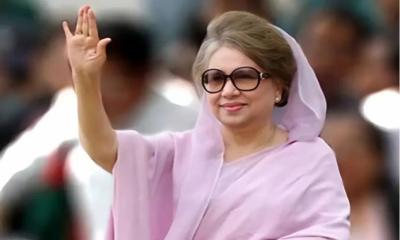


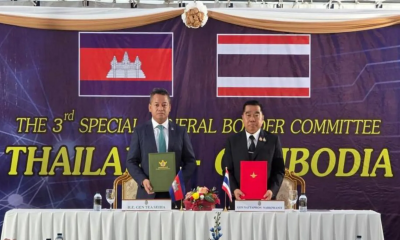

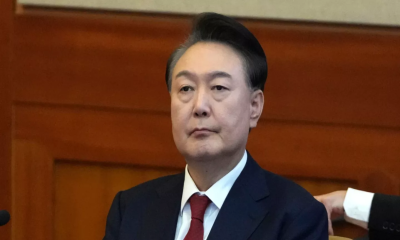
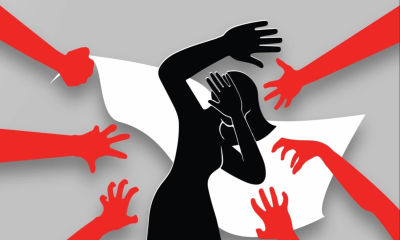
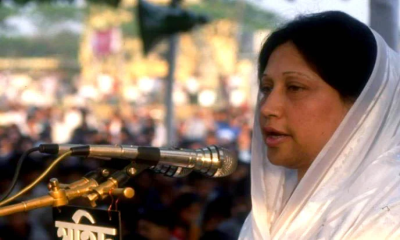
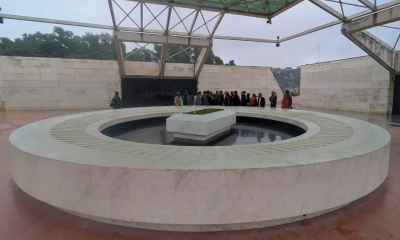
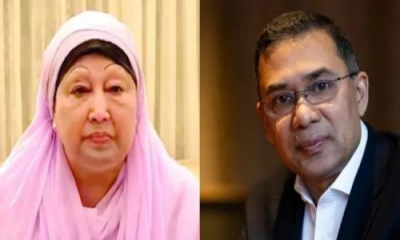
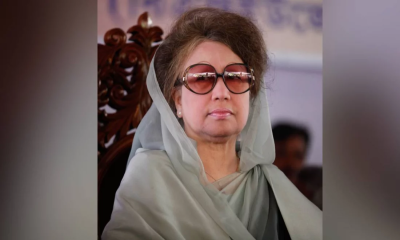
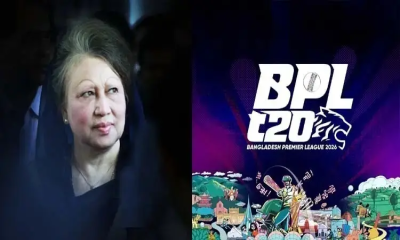
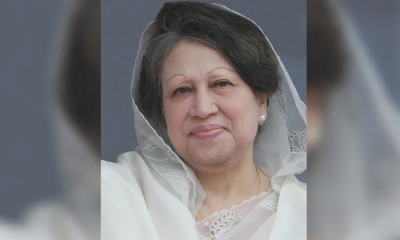
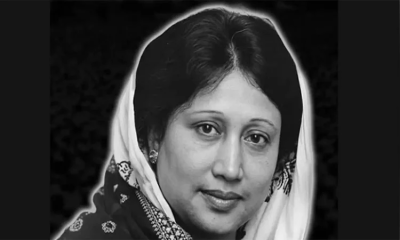
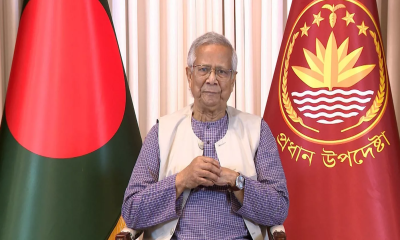
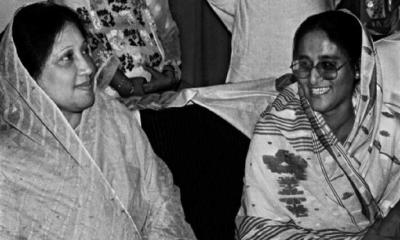
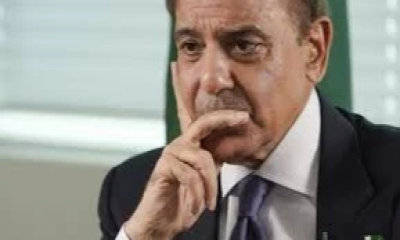
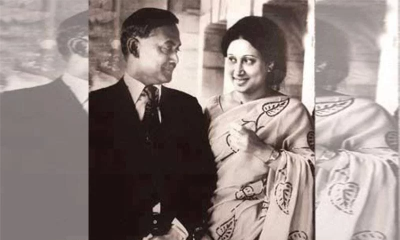
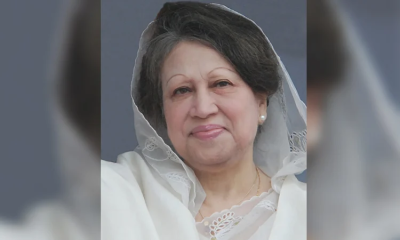
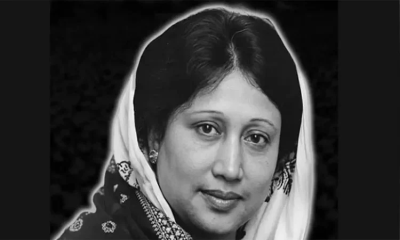
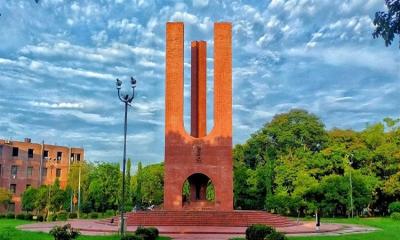

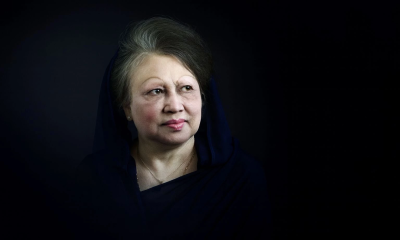
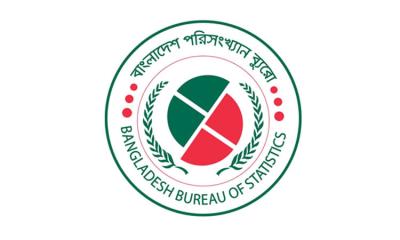
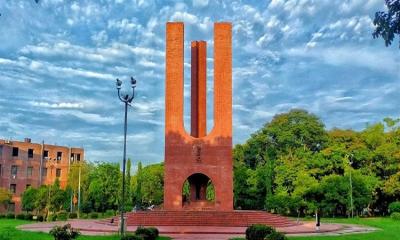
-20251227141313.jpeg)

